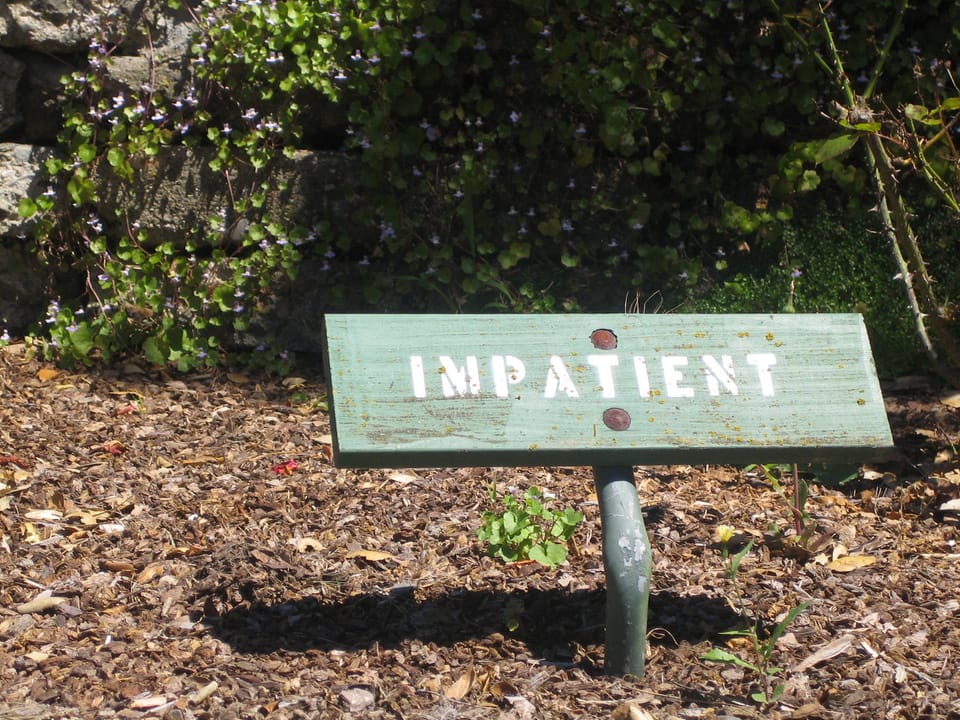Impatient Leaders, Weary Minds: Why Skipping Self-Care Sabotages Your Influence

How do you feel right now?
- Do you feel physically rested, or are your thoughts confused, leaving you with a sense of mental overwhelm?
- Are you feeling frustrated, angry, or annoyed?
- Do you feel like you're rushing, that you have so much to do that you're not going to be able to get it all done?
For many change-makers, leaders, and social entrepreneurs, their single most enduring challenge is not prioritizing self-care.
You might think that it’s not that important or that you can take care of it later. But there’s a BIG cost to taking this approach to your well-being and the affect it has on your leadership.
I've shared this idea before: If you don't feel well, you can't lead well.
What does that mean? Let’s explore the reality behind this statement.
First, the brutal truth:
If you don’t actively, consciously, and regularly take care of your mental, emotional, and physical health, what’s the point?
Now for the kinder approach:
Without good health and well-being, it’s much more challenging to easily access your creative, logical, rational, and strategic-thinking brain. You are more likely to default into emotional reactivity or threat, which makes you more confrontational — instead of accepting, compassionate, and understanding.
This happens due to one key reason: Impatience.
If you are someone who stands up courageously and proudly to make a difference in the world, you probably feel compelled to do your work.
You likely feel that if you don't spend the time and energy, nothing's going to get better. You might feel that other people depend on your leadership and guidance, so you need to make sure that you show up to support them.
What I'm not saying is that any of that is bad!
In fact, that's precisely how I feel. But if I get lost in urgency of needing to support others, I forget about the vital importance of taking care of myself first.
You've heard this cliché a thousand times: When the air mask drops from the cabin above in an airplane, secure your mask first before assisting others. If you don't, you risk losing consciousness, and thus you also risk the ability to help others.
The same thing applies to all forms of leadership.
If you choose not to commit to your self-care, you are demonstrating the impatience of something you cannot control and the inflexibility to accept that truth.
When was the last time you were working with others or working on a creative project that required clarity of mind as much as peace of mind — but you felt tired, stressed, overwhelmed, or confused?
How did that work out for you? How did you feel when you reflected on your actions and behaviours after the fact?
Conversely, what was it like when you were actively leading others or working on a creative project, and you felt well rested, clear-minded, open-hearted, and excited about what you were doing?
What did you ACTIVELY do to care of yourself before the EMPOWERING scenario?
- Did you exercise, and were you mindful of how much and what you ate?
- Did you optimize your sleep quality the night before?
- Did you meditate or spend quality time with your loved ones, or your pets?
It’s a rhetorical question, but how much effort is required to manage your emotional state and ability to lead effectively from a place of feeling well VERSUS feeling overwhelmed, frustrated, or tired?
I’m going to guess you answered that it’s MUCH easier to lead well when you feel well.
Given that...
How is NOT taking care of your health and well-being affecting the quality and effectiveness of your leadership?
Let me know in the comments.
BE WELL





Member discussion